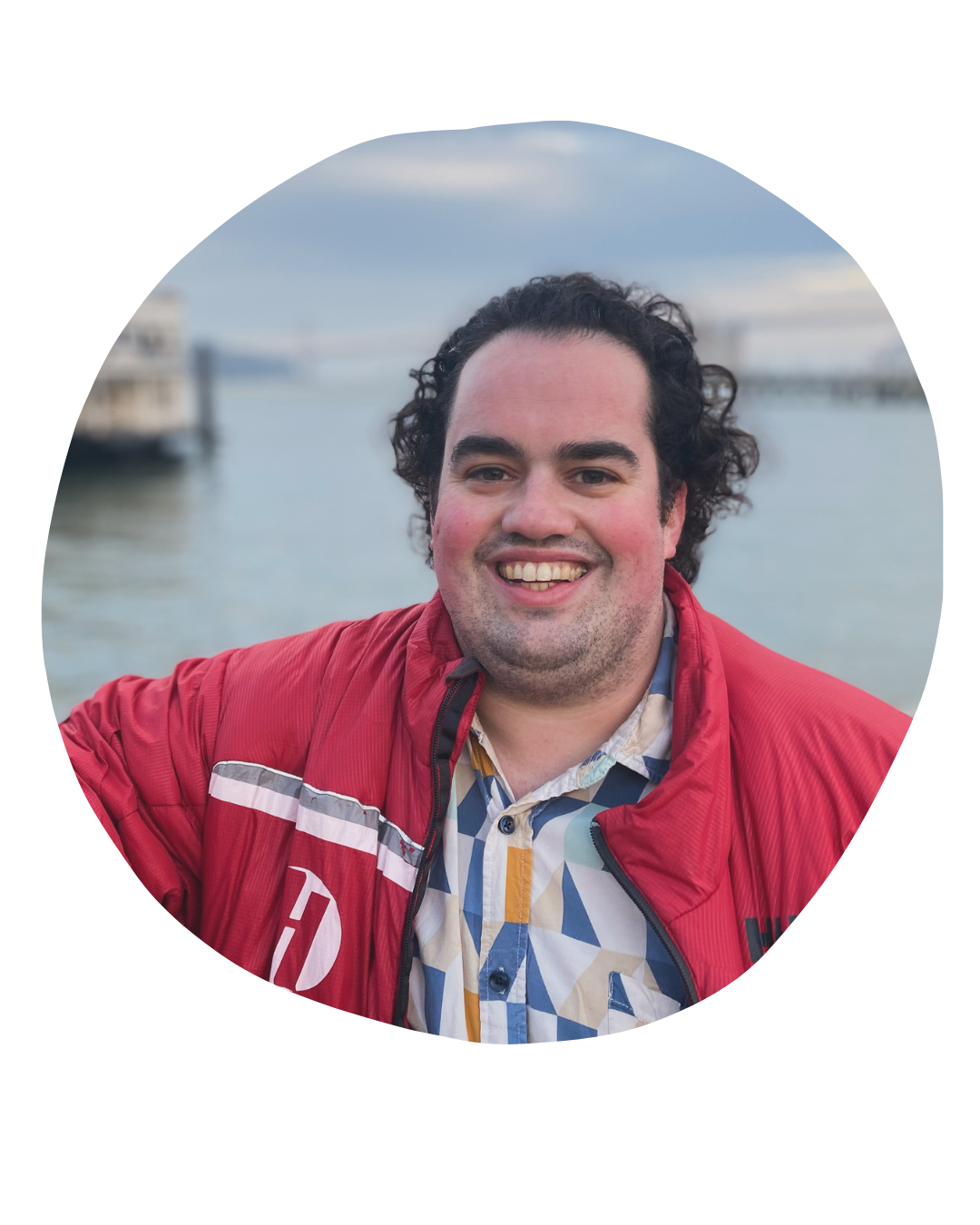Shared Stores Create Safe Spaces
I believe that when we share our stories truthfully, tenderly, and without shame, we can create room for others to be seen, heard, and feel less alone. I share my own story not to take up space, but to make room for connection, safety, vulnerability, and honesty. When we are able to recognize pieces of ourselves in someone else’s story, it breaks down the barrier of isolation and builds trust. There’s no pressure to be “fixed” here. Just space to have real conversations and support as you navigate the next steps of your life.

MY STORY
Who I Am and What Shapes My Work
My name is Jaden Love. I am a trans and neurodivergent person whose life has been shaped by early responsibility, systemic harm, and the ongoing work of rebuilding. I grew up navigating family instability, disability, and the loss of support after coming out, experiences that gave me an early understanding of how deeply systems can fail people who fall outside the margins.
These experiences did not make me stronger by default. What they did was make me deeply aware of the importance of safety, choice, and dignity, especially during times of transition. Those values continue to guide how I show up in my work today.
From Lived Experience to Professional Practice
I found my way into nonprofit and grassroots work as a teenager, drawn to peer support and community care as lifelines rather than abstractions. Over the past 11 years, I have worked within nonprofit and grassroots organizations, particularly those serving LGBTQ+ and trans communities.
I helped support the early growth and development of Trans Lifeline, gaining firsthand experience in building programs from the ground up within resource-limited, volunteer-driven environments. Through this work, I developed a deep understanding of crisis support, consent, harm reduction, burnout prevention, and the realities faced by both those seeking support and those providing it.
This background informs all of my work, whether I am supporting an individual through coaching, advising an organization through consulting, or collaborating on a creative project.
How I Approach Support Today
My healing journey has been nonlinear and ongoing. I am intentional about not positioning myself as someone who has “arrived” or has all the answers. What I offer instead is presence, reflection, and partnership grounded in lived experience, humility, and care.
I believe that support should never replicate harm. My work is rooted in consent, agency, and respect for each person’s pace and capacity. I do not believe in fixing people. I believe in walking alongside them as they reconnect with themselves, make sense of their experiences, and imagine what feels possible next.
This philosophy shapes how I approach coaching, consulting, and creative work alike.
You Don’t Have to Do This Alone
Whether you’re navigating a major life transition, feeling stuck, or simply longing for a space where your identity is affirmed and your experience makes sense, you’re not alone.
If something in you is saying maybe, that’s enough. You’re invited to reach out when you’re ready, and we’ll go at your pace.



